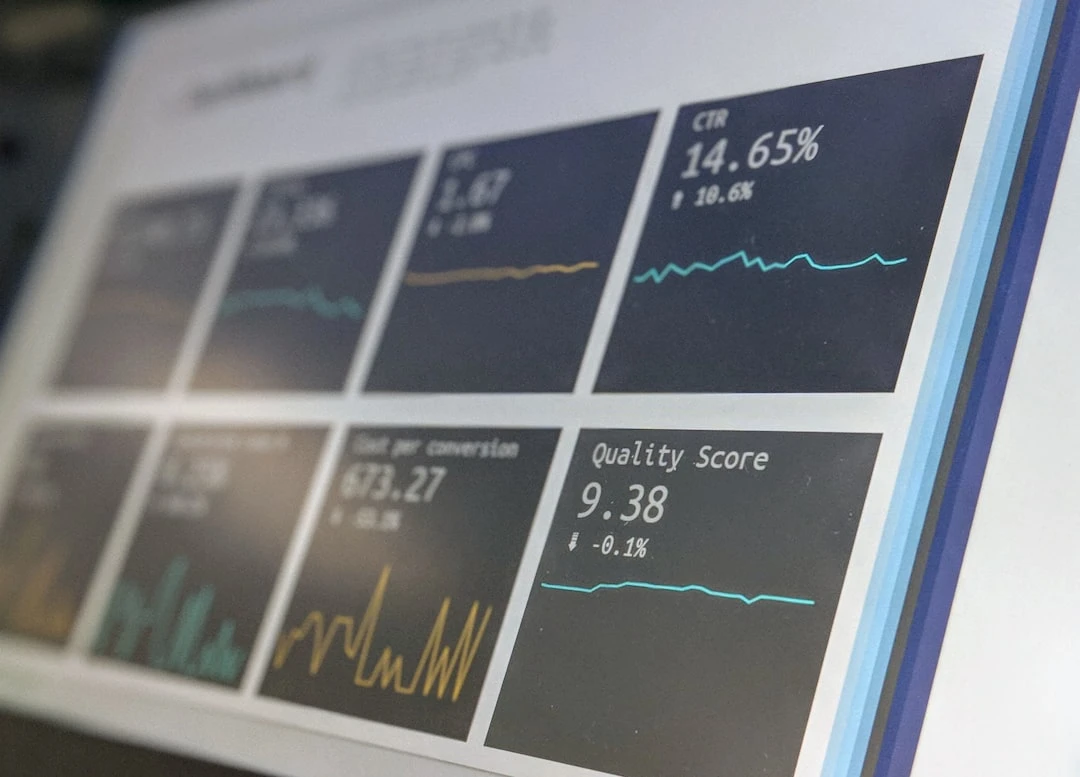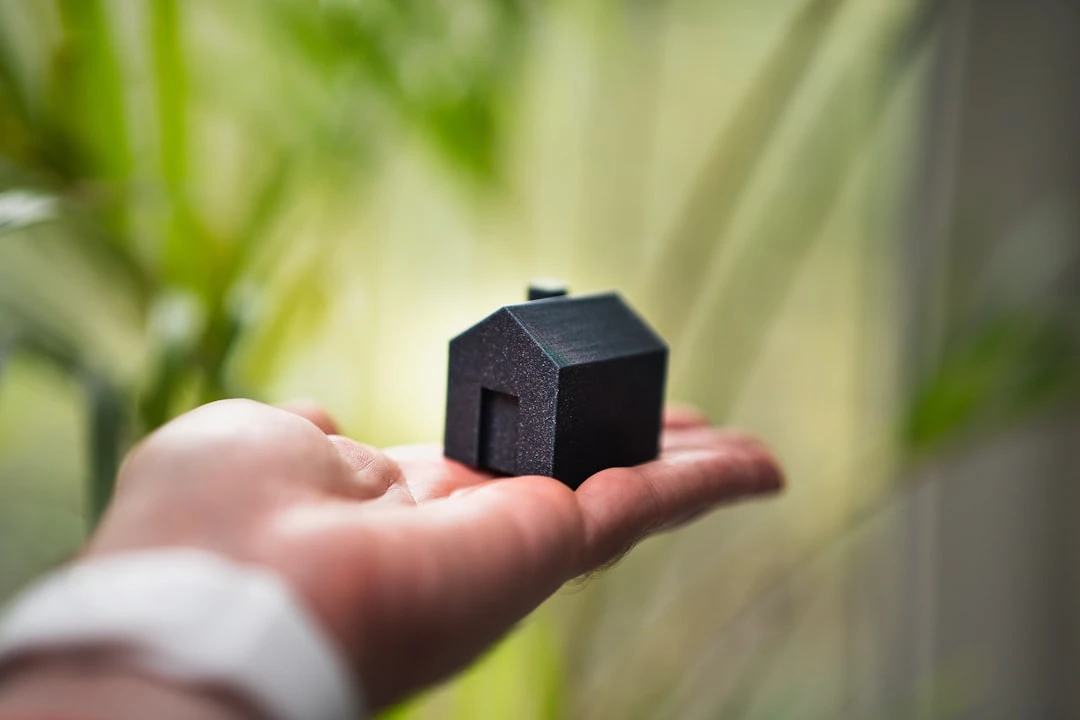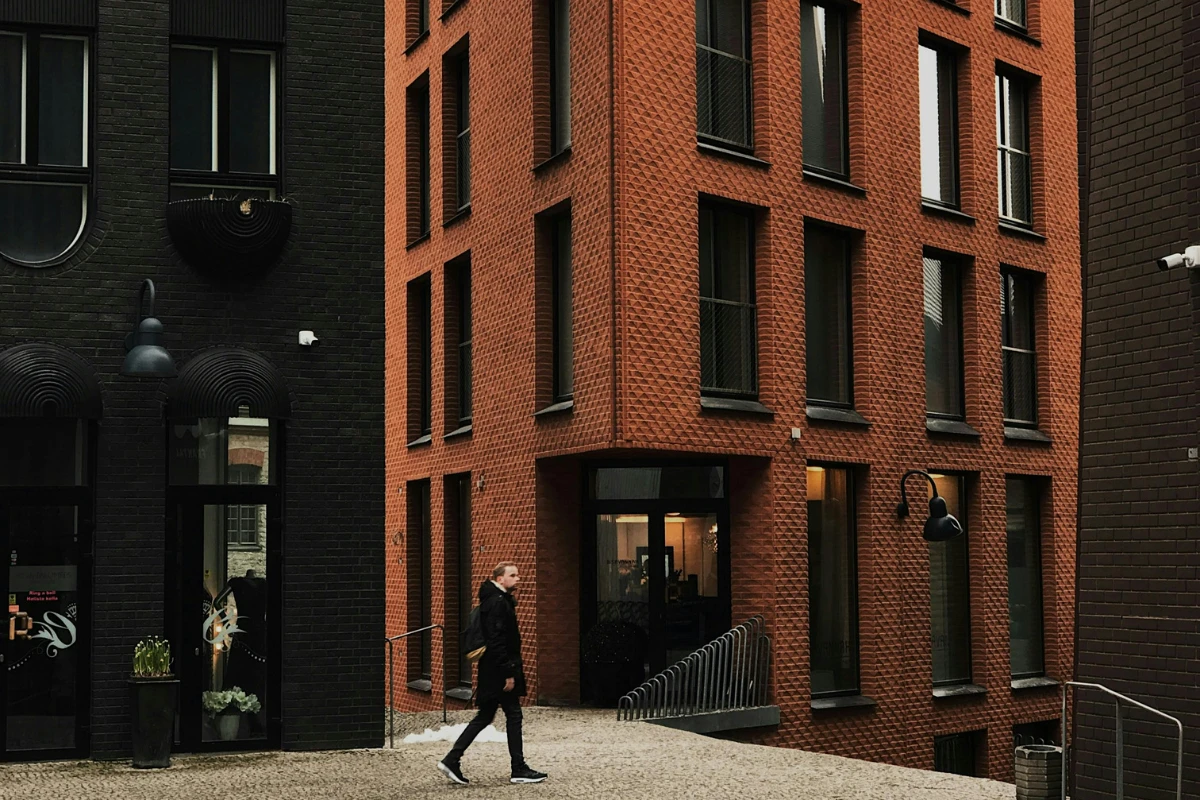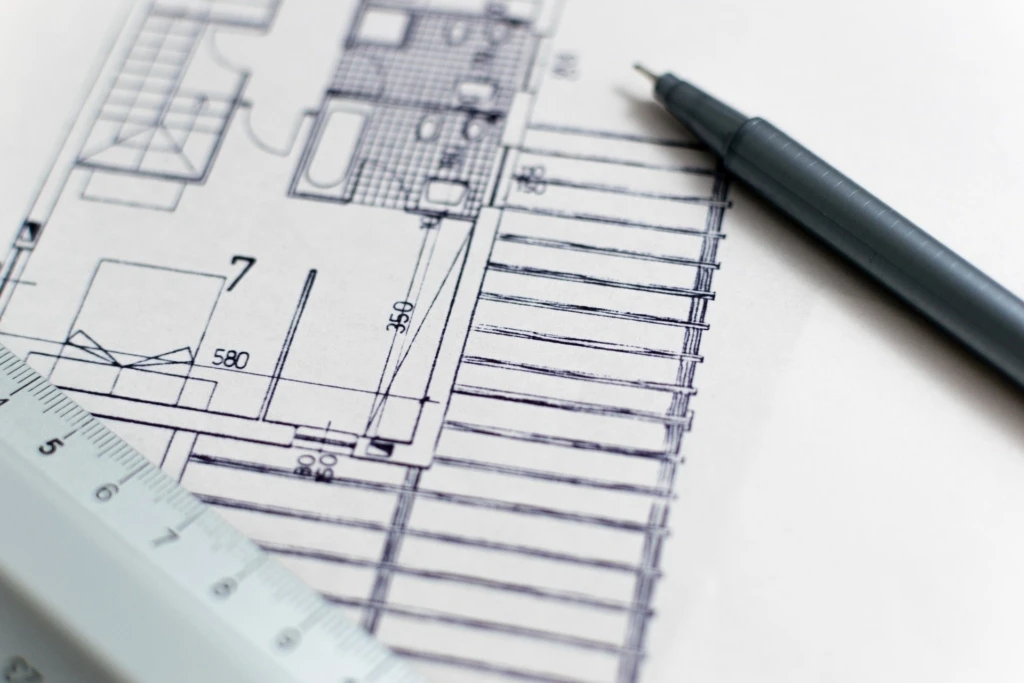Apartment Buyer's Reminder: What to Check About the Condominium Association Before the Deal?
-web.webp)
When purchasing real estate, many buyers focus solely on the condition of the apartment, overlooking the situation and functioning of the housing association, which can equally affect the investment's value. Urmas Uibomäe, the executive director of the Kinnisvara24 portal, highlights 15 things that an apartment buyer should definitely investigate about the housing association.
According to Estonian law, an apartment owner automatically becomes a member of the housing association, which means you are purchasing not just four walls, but also a share of collective management and obligations. Therefore, before purchasing, you should familiarize yourself with the association's reports and conduct a thorough background check.
Financial plan and budget
Request the current financial plan and budget of the housing association from the seller or broker. These documents must be approved by the general meeting. Investigate whether costs are logically distributed, whether price increases have been taken into account, and whether reserves have been planned for future work.
Annual financial reports
The annual financial reports from the last 2-3 years, which are also available in the business register, provide important information about the housing association's financial situation. Check whether revenues cover expenses, whether the association has growing debts, what the association's balance sheet and net asset position look like. Monitor whether expenses are increasing proportionally or if there are unusual fluctuations. Annual financial reports show whether the association can meet its obligations. Definitely check whether reports have been submitted on time – delays may indicate management problems.
Meeting protocols
Review the protocols from general meetings and board meetings from the last 2-3 years. Pay attention to which topics are repeatedly discussed at meetings, whether there are unresolved conflicts, whether decisions are being implemented or are dragging on. Also monitor the number of participants at meetings, which indicates the activity level of the owners.
Housing association charter and house rules
Familiarize yourself with the current charter and house rules (internal regulations). Find out what restrictions exist on apartment use, whether there are restrictions on keeping pets, what the parking arrangements are, and what the quiet hours rules are. Make sure that the house rules are compatible with your lifestyle.
Loan burden
It is important to know all of the housing association's loan obligations. Investigate the total loan amount and balance, the loan portion falling to the specific apartment, the size of the monthly loan payment, the loan maturity date, and information about planned new loans. The seemingly favorable price of an apartment can turn out to be much higher when loan payments are taken into account.
Debtors
Obtain information about the number of debtors and the total amount of debts. Check the proportion of debtors among all owners (over 10% is a warning sign), the size of debts compared to the annual budget, and what measures have been taken to collect debts. Even a few individual large debtors can lead to a situation where the association itself may fall behind in payments to utility providers. This can cause a decline in service quality or, in extreme cases, even their suspension.
Reserve capital
Determine the size of the reserve capital. Make sure the reserve capital meets the minimum required by law (at least one-twelfth of the expected annual expenses), whether it is sufficient to cover unexpected expenses, and whether the reserve capital is growing consistently. If the reserve is tight, every broken door or leaking pipe will require additional money to be requested from apartment owners.
Management company
If the housing association has a management company, investigate how long this company has been serving the building, what the management agreement covers, and how much it costs. Ask the residents about their satisfaction with the management company. Long-term cooperation is usually a sign of trust and quality service.
Pending lawsuits
Find out whether the housing association has pending lawsuits, what the potential financial consequences are, and whether the disputes are related to construction quality, neighbors, or service providers. Even if a dispute apparently concerns only one part of the building, its consequences can affect all owners.
Completed and planned renovation work
Request a list of renovation work completed over the last 5-10 years and future plans. Investigate whether there is a long-term renovation plan, what work is planned for the coming years, and how renovations have been financed. It is particularly important to know when the roof, façade, and technical systems were last renovated. These are critical components of the building, whose renewal is expensive, but inevitable.
Energy efficiency
Find out the building's energy rating and actual heating costs. It is particularly important to know the apartment's average heating bill during winter months, whether there are problems with moisture or mold in the building, and whether there are plans for energy efficiency improvement renovations.
Neighbors and community
Visit the building at different times of day and talk to residents. Observe the general cleanliness and order, whether residents are friendly and helpful, what the noise level is at different times, and whether community events or work parties are held.
Direct contact with the board
Meet with a board member and ask specific questions. Find out what the main challenges are in managing the building, whether there are conflicts among owners, what the board's long-term plans are, and how actively owners participate in general meetings. The board's openness and willingness to answer questions is in itself a good sign.
Utility costs
Review the utility bills for the specific apartment from the last year. Find out what the average monthly total cost is, the difference between winter and summer period heating costs, and whether the costs are stable or growing. It is particularly helpful to see at least one winter month and one summer month utility bill, as this gives you a realistic picture of the cost difference during different seasons.
Parking
Ask for information about parking arrangements. Find out whether a guaranteed parking space comes with the apartment, whether parking is free or paid, whether there are enough parking spaces for all residents, and whether there is separate parking available for guests. In the worst case, an apartment may come with the right to park, but in reality no space is available, as there are fewer spaces than apartments.
What characterizes a quality housing association
A quality housing association has a well-thought-out financial plan and a stable budget. It maintains sufficient reserve capital, proactively engages in building maintenance and renovation, and solves problems promptly. A good housing association communicates openly with owners and tenants, keeps debts at a minimum level, and creates a united and friendly community.
Thorough preparation and checking of the housing association helps avoid unpleasant surprises in the future and ensures that your home's value grows over time rather than declining.




